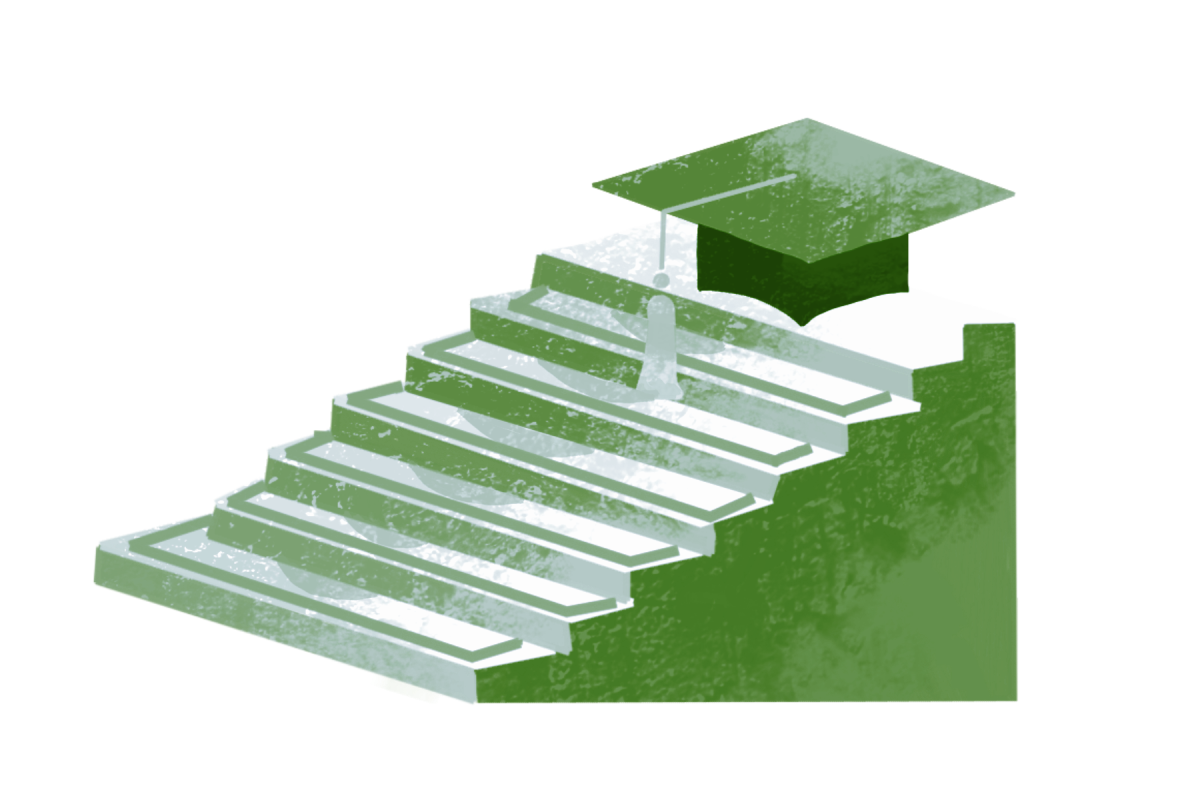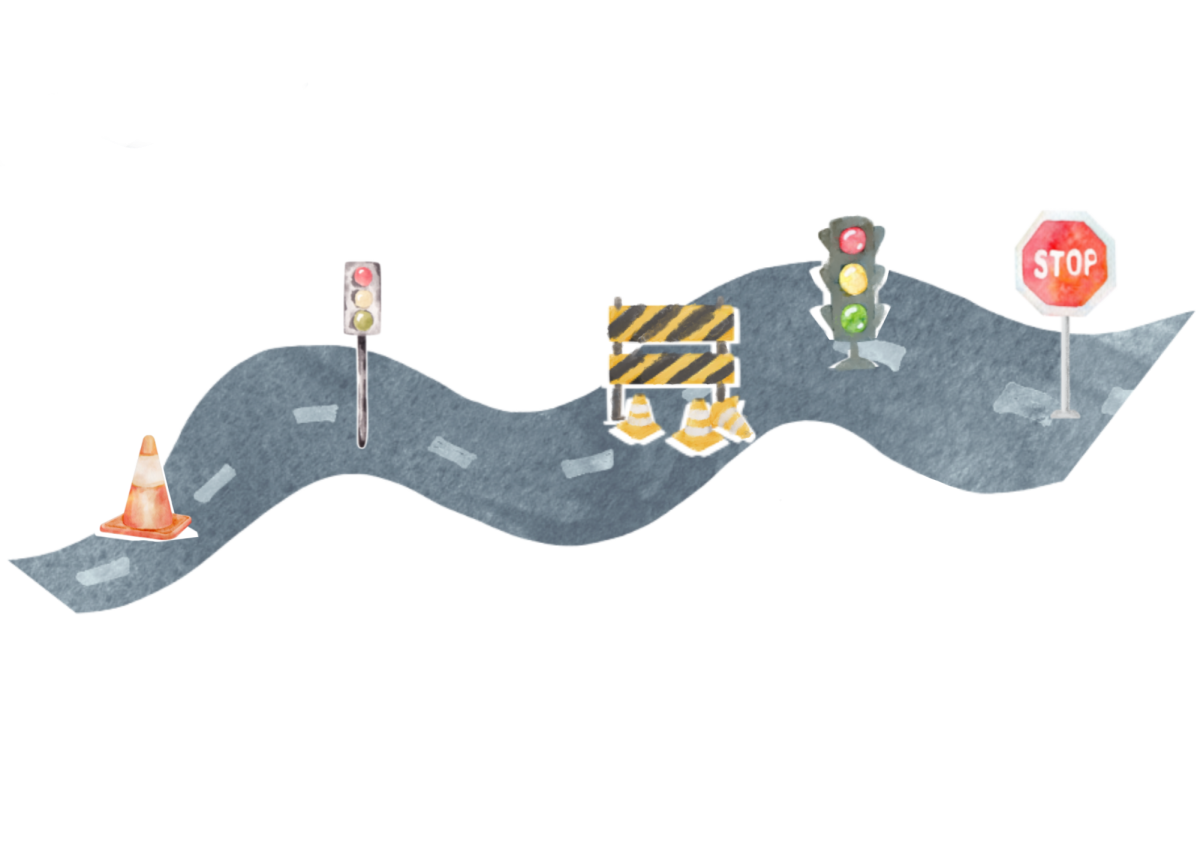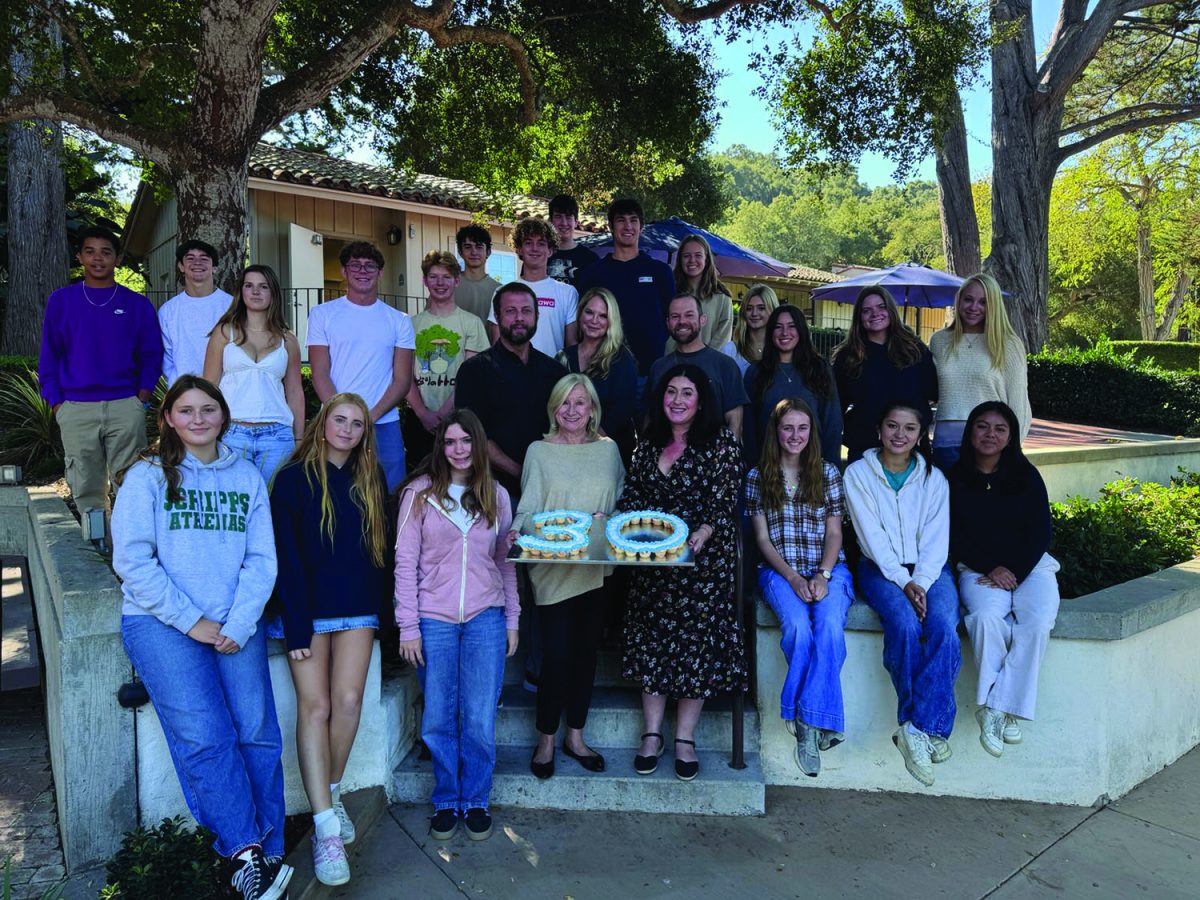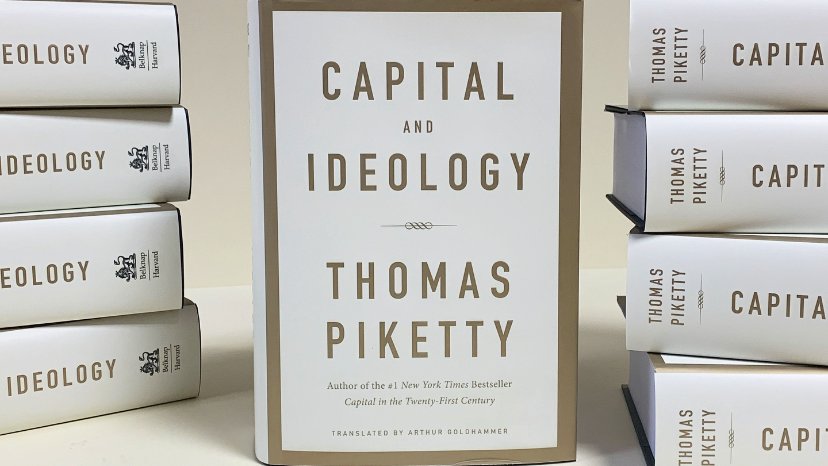Forgotten Tools

February 4, 2020
New technological advancements that better the word are also leading us to forget basic everyday tools. The phone combines notes, calculator, time, and much more that limit our need for actual neural activity. Before iPhones, we wrote by hand, wore watches, and were quick with simple math. Nowadays, if you go to a restaurant and look around, you’ll see people calculating the tip on their phones. These tools aren’t essential because they’re done for us, but that brings up the argument; are we getting lazy?
Lazy doesn’t mean sitting around and adopting couch-potato habits, but it is making people realize that they don’t need to work as hard, for everything is now done for us. These “lazy” tendencies eliminate the mental work associated with everyday life, and mental work keeps us sharp. Our work ethic overall is going down with our mental abilities. Along with this, basic tools we spent so much time working on in elementary school are going to waste, everything from reading a watch to writing in cursive– on pen and paper, of course.
Out of the many tools teenagers learn in school, cursive is the most unhelpful one. In elementary school, 3rd graders spend the whole year perfecting the art of cursive. However, we don’t use cursive, we rarely handwrite, we type. Even when we write, we don’t need to know cursive. However, cursive is helpful when we want to spice up a paper and create our signatures that will meet many important and official documents. Even if we don’t use it, it is a helpful tool to have and an ego-booster. To be talented at this acquired skill is an accomplishment indeed.
Simple math and long division; who knows how to do that anymore? Why learn when a calculator that you can access at your fingertips will do the work for you? While simple math, useful for everyday life, is important, I do agree with the idea that long division isn’t a necessity. Simple math, including addition and multiplication, is important for tax, tips, and common knowledge. Despite this version of math being important, long (short is useful, too) division is tedious. Long division isn’t used in everyday life or even in school. Our savior the calculator does it for us.
Lastly, reading a clock: people used to be able to glance at their watch and know the time the same way we do with phones. But the lack of habit with mechanical watches and clocks has eliminated the fast acting skill of telling time. Clocks are important, we still see them throughout everyday life. They’re also important in the fashion world, as we all want a Rolex. Fashion doesn’t evolve as quickly as technology, meaning all our clothing doesn’t fit in one, like the way all our skills fit in a phone.
Even though there are substitutes for many of the skills, it’s important to know how to do them. Say the power goes out, even a natural disaster, our eclectic knowledge will help us pursue better lives.



































